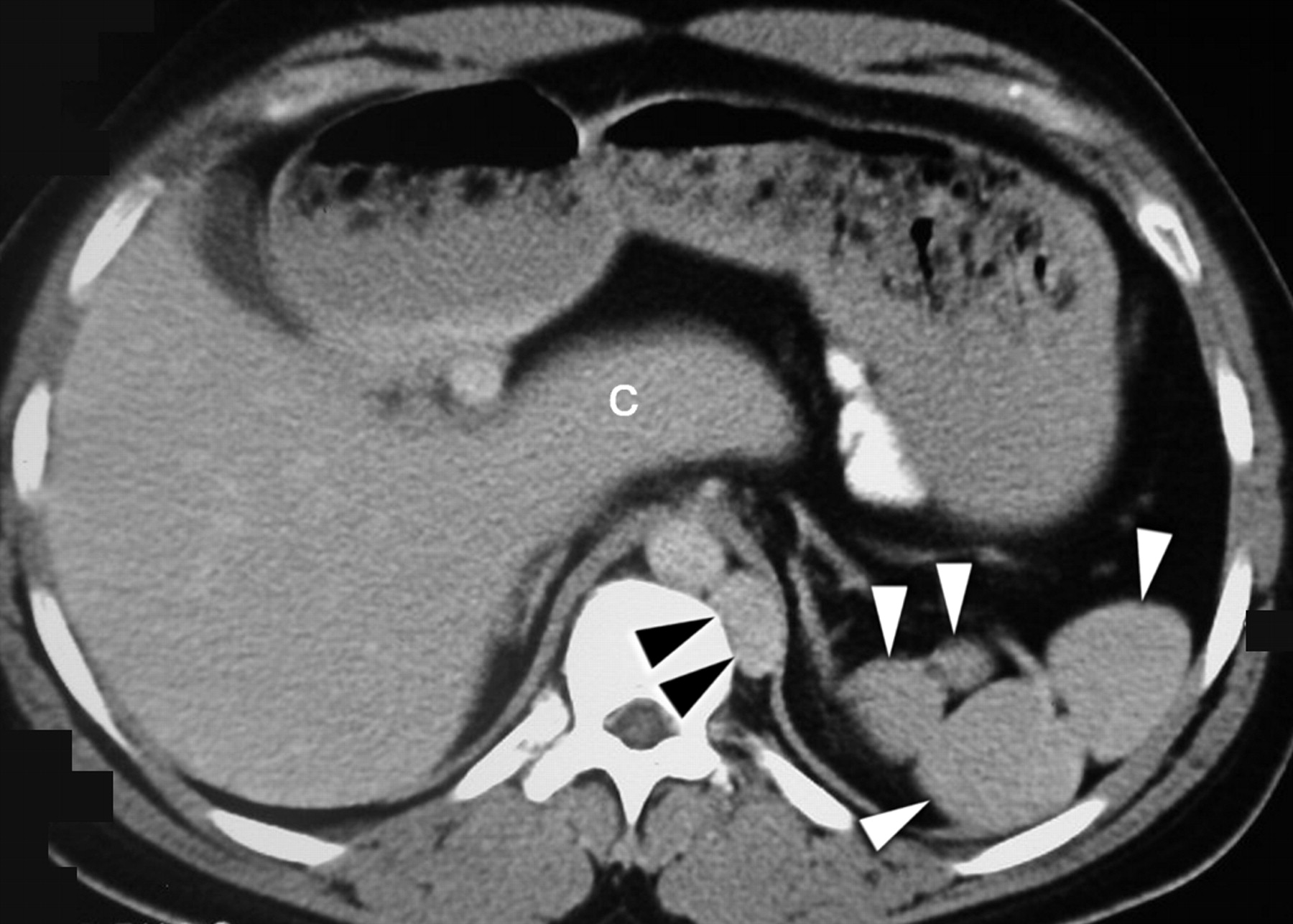
Pancreas agenesis is a rare congenital condition where a person is born without a pancreas. This small organ plays a huge role in digestion and blood sugar regulation. Without it, individuals face significant health challenges. How does this happen? Genetic mutations are often to blame. These mutations affect the development of the pancreas during fetal growth. What are the symptoms? People with pancreas agenesis often experience diabetes, digestive issues, and nutrient absorption problems. Is there a cure? While there's no cure, treatments focus on managing symptoms. Insulin therapy and enzyme supplements help patients lead healthier lives. Want to learn more? Here are 30 facts about this intriguing condition.
Key Takeaways:
- Pancreas agenesis is a rare condition where a person is born without a pancreas, leading to diabetes and digestive problems. Genetic testing and early diagnosis are crucial for effective management.
- Treatment involves insulin therapy, enzyme replacement, and a specialized diet. Lifelong medical care and ongoing research offer hope for improved treatment options in the future.
What is Pancreas Agenesis?
Pancreas agenesis is a rare congenital condition where a person is born without a pancreas. This organ plays a crucial role in digestion and blood sugar regulation. Understanding this condition can help shed light on its implications and management.
- Pancreas agenesis is extremely rare, with only a few cases reported worldwide.
- The pancreas is vital for producing insulin, which regulates blood sugar levels.
- People with this condition often have diabetes from birth due to the lack of insulin production.
- Pancreas agenesis can lead to severe digestive problems since the pancreas also produces enzymes necessary for digestion.
- This condition is usually diagnosed in infancy due to the early onset of symptoms.
Causes and Genetics of Pancreas Agenesis
The exact causes of pancreas agenesis are not fully understood, but genetics play a significant role. Here are some key facts about the genetic aspects of this condition.
- Mutations in the PDX1 gene are commonly associated with pancreas agenesis.
- The PDX1 gene is crucial for the development of the pancreas during embryonic growth.
- Pancreas agenesis can be inherited in an autosomal recessive pattern, meaning both parents must carry the gene mutation.
- Genetic testing can help identify carriers of the PDX1 gene mutation.
- Other genes, such as PTF1A and HNF1B, have also been linked to pancreas agenesis.
Symptoms and Diagnosis
Recognizing the symptoms of pancreas agenesis early can lead to better management of the condition. Here are some important facts about its symptoms and diagnosis.
- Newborns with pancreas agenesis often present with severe hyperglycemia (high blood sugar levels).
- Failure to thrive and poor weight gain are common symptoms in infants with this condition.
- Digestive issues, such as diarrhea and malabsorption, are frequent due to the lack of digestive enzymes.
- Blood tests showing high blood sugar levels can indicate pancreas agenesis.
- Imaging studies, like ultrasound or MRI, can confirm the absence of the pancreas.
Treatment and Management
Managing pancreas agenesis involves addressing both diabetes and digestive issues. Here are some key points about treatment options.
- Insulin therapy is essential for managing diabetes in individuals with pancreas agenesis.
- Enzyme replacement therapy helps with digestion by providing the necessary digestive enzymes.
- A specialized diet can improve nutrient absorption and overall health.
- Regular monitoring of blood sugar levels is crucial for preventing complications.
- Multidisciplinary care involving endocrinologists, gastroenterologists, and dietitians is often required.
Complications and Prognosis
Understanding the potential complications and long-term outlook for individuals with pancreas agenesis is important for managing the condition effectively.
- Chronic high blood sugar levels can lead to complications such as kidney damage and vision problems.
- Poor digestion can result in malnutrition and growth delays in children.
- Early intervention and proper management can improve the quality of life for those with pancreas agenesis.
- Lifelong medical care is necessary to monitor and address potential complications.
- Advances in medical research may lead to better treatment options in the future.
Research and Future Directions
Ongoing research aims to improve our understanding of pancreas agenesis and develop new treatments. Here are some exciting developments in this field.
- Stem cell research holds promise for regenerating pancreatic tissue.
- Gene therapy could potentially correct the genetic mutations causing pancreas agenesis.
- Clinical trials are exploring new insulin delivery methods to improve diabetes management.
- Advances in imaging technology may lead to earlier and more accurate diagnoses.
- Collaboration between researchers, healthcare providers, and patients is essential for advancing treatment options.
Final Thoughts on Pancreas Agenesis
Pancreas agenesis, though rare, presents significant challenges. Understanding its causes, symptoms, and treatments is crucial for those affected. Genetic mutations often play a role, leading to a complete absence of the pancreas. This condition results in severe diabetes and digestive issues from birth. Early diagnosis and intervention can improve quality of life. Treatments focus on managing diabetes and ensuring proper nutrition. Advances in genetic research offer hope for better therapies in the future. Awareness and education about pancreas agenesis can lead to earlier detection and improved care. By staying informed, individuals and families can better navigate the complexities of this condition. Remember, knowledge is power when dealing with rare diseases. Stay curious, stay informed, and support ongoing research efforts.
Frequently Asked Questions
Was this page helpful?
Our commitment to delivering trustworthy and engaging content is at the heart of what we do. Each fact on our site is contributed by real users like you, bringing a wealth of diverse insights and information. To ensure the highest standards of accuracy and reliability, our dedicated editors meticulously review each submission. This process guarantees that the facts we share are not only fascinating but also credible. Trust in our commitment to quality and authenticity as you explore and learn with us.
